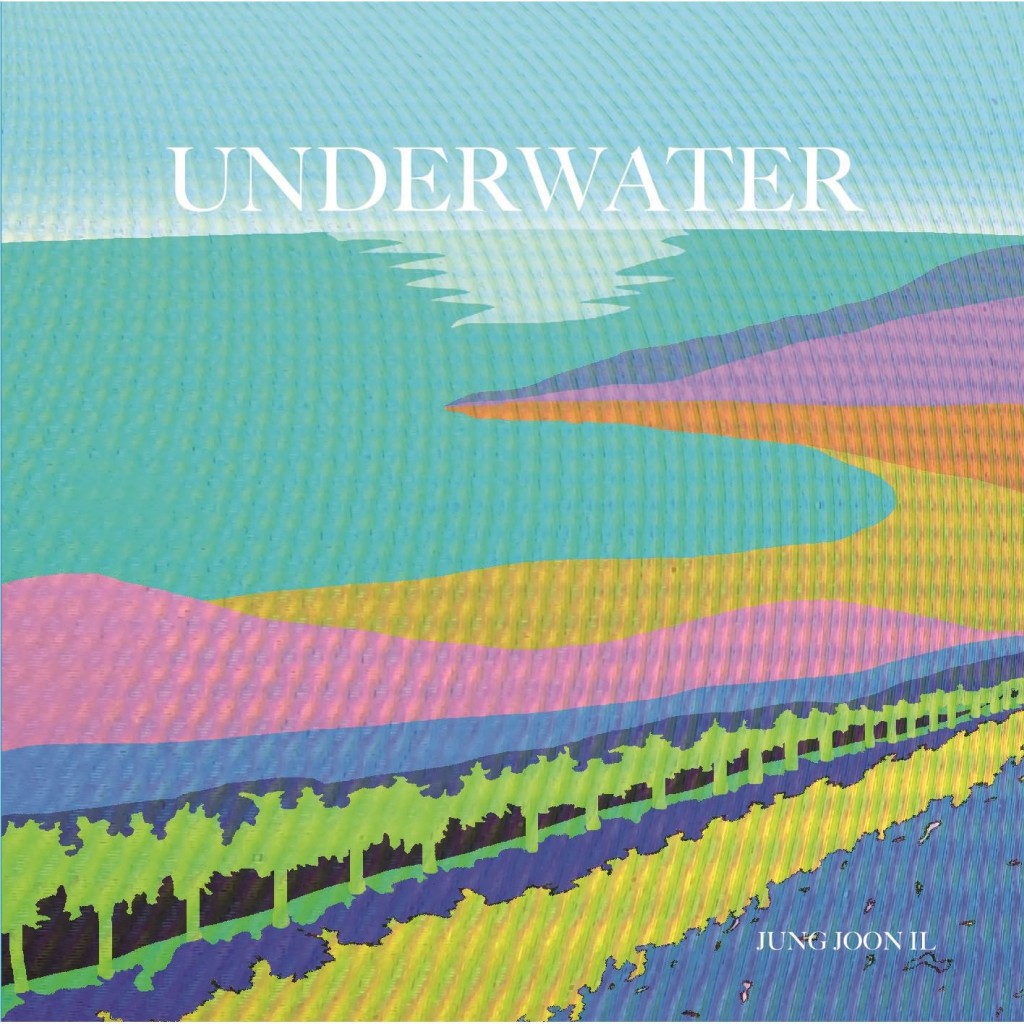It’s not often that an album completely and utterly blows your mind, but Jung Joon Il‘s ‘Underwater‘ is truly one of those rare albums, and I’m already certain this will remain one of my favorite albums ever.
—–
Tablo once compared music to snot, saying that like snot, music comes out better when one is in pain. One of the initial reactions to ‘Underwater’ (after being blown away by the songs) is to wonder if Jung Joon Il went through something emotionally painful before writing these songs. Fans of Jung Joon Il and the band Mate will know that his songs have always been emotionally deep, but this album takes it to a completely new level.
This songs in ‘Underwater’ are not just about love and heartbreak — they’re about life and death. In fact, both “Useless” and “Plastic” were banned by Korean broadcasting network SBS because the songs were deemed “염세적,” a term roughly translated to mean misanthropic and pessimistic. While it’s arguable that SBS’s decision is unreasonable and somewhat over-the-top, it’s true that ‘Underwater’ delves into deep and dark emotional territory. So much so that Jung Joon Il and his record label, feeling as though this album will not be relatable to and liked by a widespread audience, decided to make the physical album a limited 1,000 copy release.
Additionally, ‘Underwater’ contains genres of music that Jung Joon Il, both as a solo artist and as a part of Mate, has never released before. The album opens with “Useless,” which is sung in a somewhat mumble-like manner while relaying the painful feelings of uselessness and wanting to be heard.
The title track “Plastic” features rapper BewhY, an exploration into hip-hop that that surprised those familiar with Jung Joon Il’s music. However, in “Plastic,” Jung Joon Il pours out his heart about the feelings of wanting to die and simultaneously begging to be saved, and BewhY’s firm voice complements it so perfectly to create a complete musical and emotional masterpiece.
“Ian” is, at first listen, the most similar to what we’re used to hearing from Jung Joon Il. However, the placement of this less intense sounding track after “Useless” and “Plastic” gives it the feel of a weary soul, worn out after being completely emotionally stretched.
Despite “Useless”, “Plastic”, and “Ian” all delving into deep, dark emotions, ‘Underwater’ is not an album to be described as “depressing.” The album, rather, sends a message of hope to all who are in emotional pain. For all who are feeling useless, like a meaningless piece of plastic, or just weak and forgotten, Jung Joon Il sends a message of hope with the last track, “We Will Meet Again.”
—–
The entire album builds up and leads to this closing track, which tells you that despite everything … everything is going to be alright.
=====
 Asian Junkie Asian pop. Without discretion.
Asian Junkie Asian pop. Without discretion.
